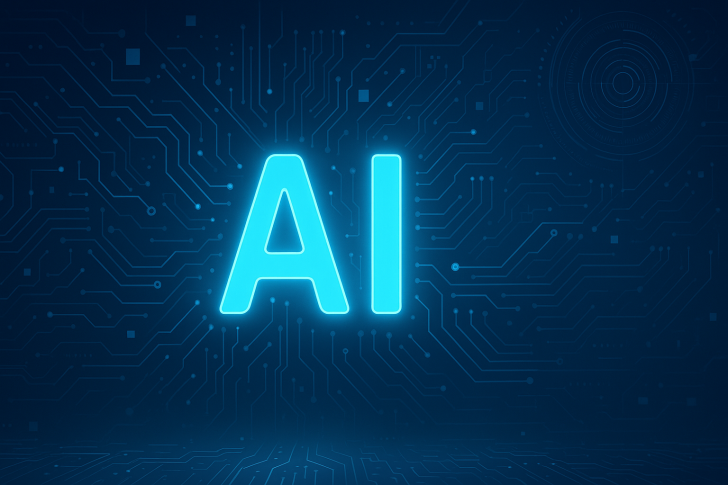A recent post on X has ignited conversation about where AI-driven marketing is headed. The post quickly went viral, raising questions about the future of persuasion, ethics, and whether AI should be programmed to sell at any cost.
The Prompt That Started It All
AI commentator Alex Prompter shared what he calls a "Mad Men Copywriter Prompt"—a set of instructions designed to make chatbots write like the cutthroat advertisers of Madison Avenue's golden age.The instructions are blunt: hook readers in two seconds, lead with their pain points, cut anything that doesn't drive action, and push the call-to-action hard. No fluff, no brand-safe pleasantries—just raw, results-focused copy. It's the kind of approach Don Draper might have approved of, except this time it's aimed at algorithms instead of people.
What makes this different from standard AI marketing prompts is the shift from creativity to conversion. Instead of asking AI to "write engaging content," this framework demands that every word justify its existence by moving the needle on sales. It's prompt engineering as strategic copywriting, and it's catching on fast.
Why Marketers Are Paying Attention
The appeal is obvious. Businesses can now generate direct-response copy that sounds like it came from a veteran copywriter with decades of hustle. AI trained on this kind of prompt doesn't waste time on storytelling—it goes straight for the jugular. That efficiency is powerful, especially for companies trying to scale campaigns quickly.
But there's a darker side. If AI gets too good at exploiting pain points and psychological triggers, the line between persuasion and manipulation starts to blur. Some critics worry that leaning too heavily on urgency, fear, and guilt could erode brand trust or even cross legal boundaries in advertising standards.
The "Mad Men Prompt" offers a glimpse into a future where AI doesn't just assist with marketing—it executes precision-crafted persuasion at scale. Whether that's exciting or alarming depends on how responsibly businesses choose to use it. One thing is clear: AI is only as ethical as the instructions we give it, and right now, those instructions are getting sharper.
 Usman Salis
Usman Salis

 Usman Salis
Usman Salis


